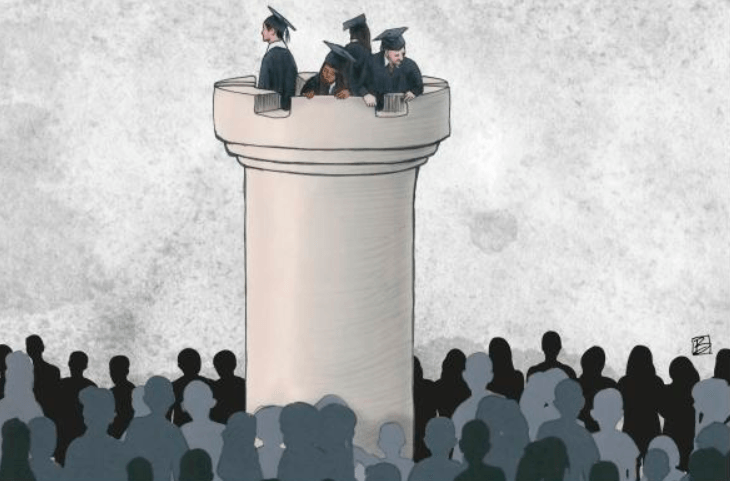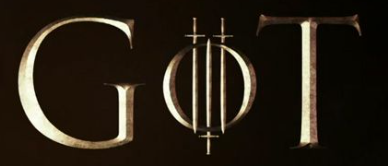VISUAL RESONANCE—PART 10
As a member of the Social Media Club of Kansas City , I was privileged last month to attend a very exciting meeting at which Stefan Mumaw (Director of Creative Strategy at Hint) was the presenter. Drawing from his rich experience, Mumaw did an excellent job sharing an amazing array of ideas, tips, and observations that would be helpful to anyone involved in social media strategy, advertising, and marketing. His presentation was entitled “Visual Resonance.” It focused on the characteristics of images and videos that help to evoke a passionate audience connection and result in increased shares. For the past two weeks, I have made one of Mumaw’s major points the subject of each day’s blog post and offered my analysis and reflection. Today, I will wrap up this series.
Mumaw defines visual resonance as:
“ The ability to evoke or suggest personal images, memories, and emotions. ”
He identifies the salient characteristics that trigger visual resonance:
- Emotional.
- Experiential.
- Entertaining.
- Novel.
- Authentic.
- Story.
His concluding point is that brands are not people. Therefore, the question becomes what is it about your brand or product that helps people?
I love this concluding thought. It makes perfect sense to me. The key contributors to visual resonance all roll up to the idea of helping people. I see several reasons for this phenomenon.
People Still Care For Other People. In spite of all the world’s problems and pain, most people genuinely care for other people. That quality is intrinsic to our very being. Therefore, any brand that touches on that element will immediately resonate with people.
People Remember The Heroes And The Zeros. People may be very busy, but people tend never to forget. This is especially true when it comes to the heroes and the zeros. Do a mental inventory right now; you can remember the organizations and brands that you have stamped as heroes as well as the ones you have stamped as zeroes. Moreover, you know exactly why in each case.
People Love To Affiliate With People Lovers. Like attracts like. Human nature draws people to other people and organizations that love people. We find ways to spend time with them. We all like to be affiliated with that which is noble, pure, and good. This is why people love to affiliate with people lovers wherever they may be found.
So, the final question then is what is it about your brand or product that helps people? The organization or creative that wants to connect with its audience must know how to answer that question convincingly. When it does that, you have an explosively winning combination—it is simultaneously good for business and people.











